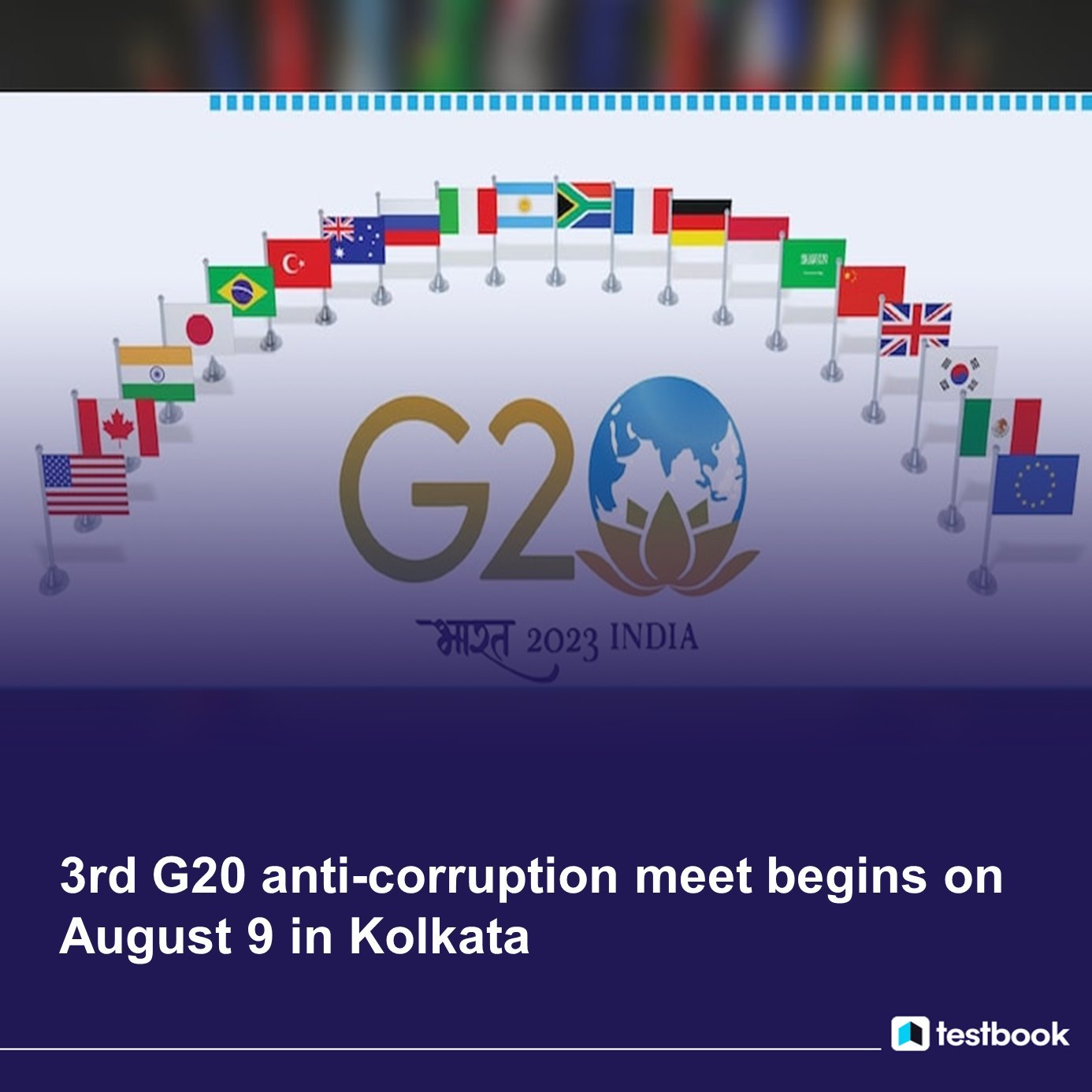G20 Vasudhaiva Kutumbakam
Political pressures have surfaced as China raises objections to the addition of the Sanskrit expression ‘Vasudhaiva Kutumbakam‘ in G20 documents. The expression, which means “the world is one family,” has long held significance in Indian culture and has been invoked by Indian Prime Minister Narendra Modi in his speeches. Still, this seemingly inoffensive addition has sparked a debate on the transnational stage, raising questions about context, recognition, and the boundaries of artistic influence.
The Background
The root of this disagreement centers around the G20 Energy Ministerial Meeting held recently. The Indian government proposed the addition of the expression in the documents related to the meeting, reflecting its commitment to global cooperation and participation in addressing energy challenges. Still, China has taken the stage against the operation of Vasudhaiva Kutumbakam,’ citing its lack of recognition by the United Nations.
China’s opposition is embedded in the sanctioned languages of the United Nations, which include Arabic, Chinese, English, French, Russian, and Spanish. Since the expression is in Sanskrit, it falls outside this honored verbal compass. While verbal inclusivity is the foundation of transnational associations, the debate extends beyond language alone. It delves into questions of artistic representation, literal significance, and the different fabrics of global communication.
G20 Country Supporting India
Despite China’s opposition, a number of countries have rallied in support of India’s right to decide on the addition of culturally significant expressions as the current president of the G20. This presentation shows how important artistic diversity is in transnational discourse and how each country brings its own unique point of view and verbal history to the global table.
Final Decision
The eventual concession reached during the G20 Energy Ministerial Meeting resulted in the English restatement of the expression ‘One Earth, One Family, One Future,’ being adopted in the final documents. This decision, while accommodating China’s assertion, also retains the substance of the original Sanskrit expression. Interestingly, the expression’ Vasudhaiva Kutumbakam’ remains an institution on the totem and letterhead of all documents related to the G20 summit.
The Key Takeaway
This incident highlights the nuanced challenges of diplomacy in a globalized world. Cultural pride, verbal diversity, and the desire for unity can frequently intertwine, leading to both dialogue and disagreement. The fact that the opinions don’t match shows how hard it is to find common ground in the art that comes from different places and how important it is to have open lines of communication.
Conclusion
The disagreement between China and India regarding’ Vasudhaiva Kutumbakam’ speaks to broader questions about artistic recognition, literal heritage, and the role of languages beyond the honored UN spectrum. As nations engage in political exchanges, it’s essential to balance respect for verbal inclusivity with the acknowledgment of different artistic benefits. In the end, the incident serves as a reminder that the world is indeed a different family, and the harmonious coexistence of its members depends on understanding, dialogue, and collective respect.
You can also refer to Our Quotes Community for Daily Motivation.
You can also read about Adani Power.
